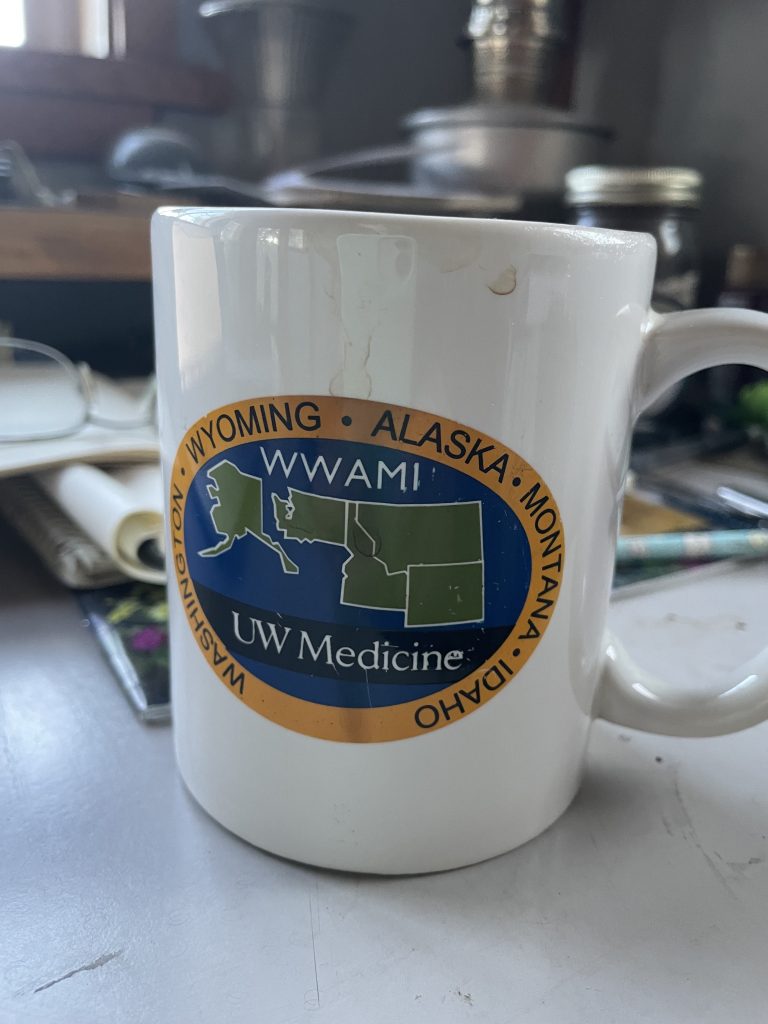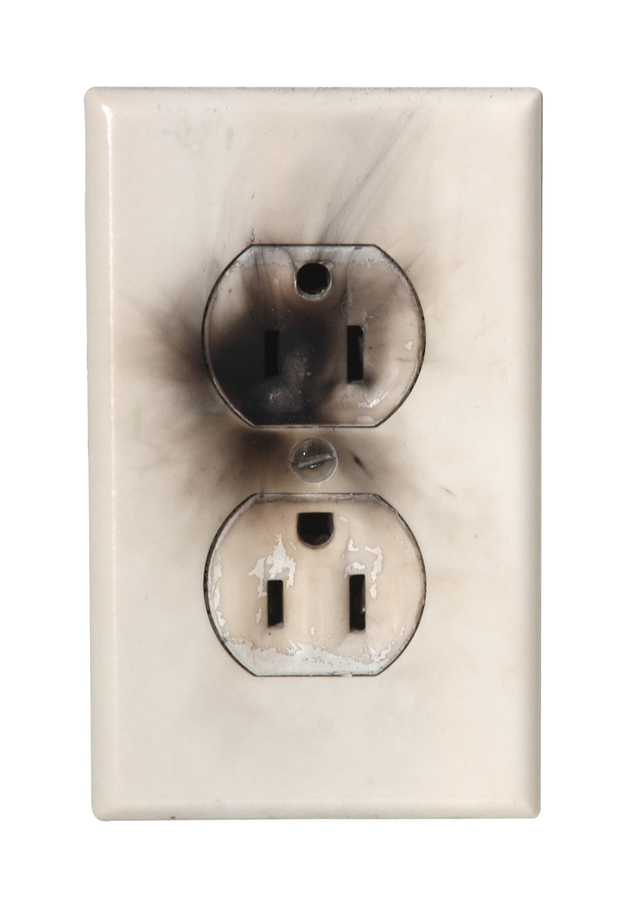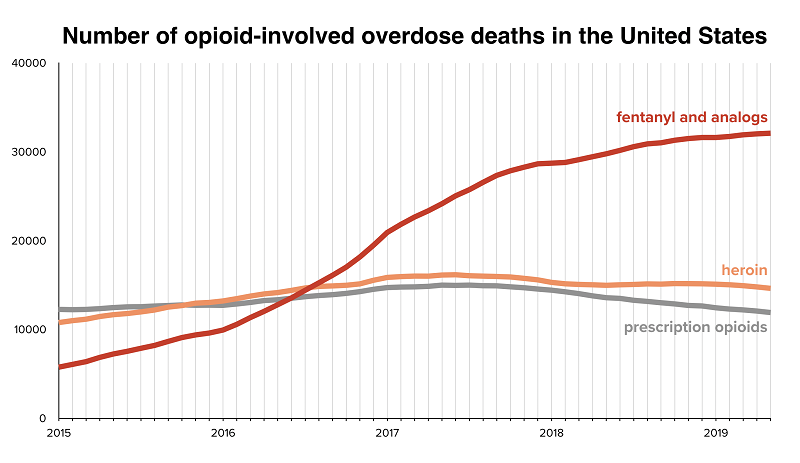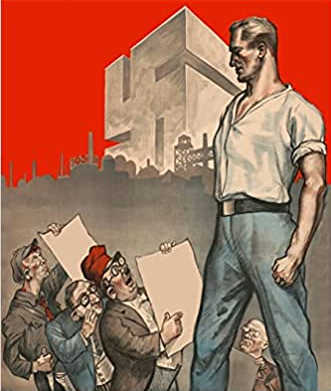
It’s always something when Idaho makes the national news. But these pinko slanted reporters just seem to cherry pick the awards we get. So, when I read about our Lieutenant Governor getting the coveted “Black Hole” award, I had to look further beyond just the Fake News.
Janice McGeachin did indeed get this ignominious press award for hiding public information from the us, the public, and then losing her lawsuit, and trying to get us taxpayers to pay for her shenanigans. But I was sure there was more going on in this backwater state, so I Googled my hind end off and tried to find what else might be going on.
It turns out there’s more awards you should know about.
The Sheepherders Association has a small offshoot that deals with domestic feline custodial practices, and it turns out our Governor, Brad Little, got awarded the Cat Herder of the Year award for 2021. He was recognized for his ability to deal with craziness, crapitude, and criticism in public office. Brad was well known to the Sheepherders Association, so I wondered if this award was kind of an inside joke, but he didn’t miss an opportunity for public pleas. His acceptance speech was brief at the Elko, Nevada convention. “Thank you for this.” He said. “Now I need to get you all to register for the Republican Primary in Idaho.”
Why didn’t this make the news? It’s just another example of the “Fake News” we all have to deal with.
I had to get to the third page of Google searching for “Idaho Awards” to find the Anadromous Award. It’s pretty obscure. They say they want to acknowledge the efforts of individuals who exemplify the upstream work of salmon and steelhead, battling against predators and dams, current and gill nets, fishermen and waterfalls, to return to their spawning grounds to lay their eggs, have them fertilized to create offspring who can then face such obstacles. Can you imagine the award ceremony? Tears were dropping from the ten people in the room before the winner was announced.
No wonder the Fake News didn’t cover this. Representative Mike Simpson got the award last year, so they had to look elsewhere. Their glance didn’t stray far.
They awarded the 2021 Anadromous Award to Lawrence Wasden, Idaho Attorney General. They recognized that he hadn’t specifically done anything for steelhead or salmon in this land-locked state, but that he had exemplified the nature of their struggle. He had tried, unceasingly to tell the truth to people who did not want to hear it. How more upstream can you fight? The applause was strong, though he was not present to accept the award. It seems he had other engagements.
A corollary to the Black Hole Award came from the Conservative Political Action Convention. They acknowledge folks who successfully hide their funding but accomplish significant change. This was the coveted Dark Money Award, given in the past to such notables as Paul Manafort. He got it while serving his foreshortened federal sentence, right before he was pardoned by our former President. They recognized the Idaho Freedom Foundation this year for their unprecedented success here in Idaho. Kudos to the Freedom Index.
But lest you think only Republicans win awards in Idaho, the National Association for Dramatic Public Mistakes found an Idaho Democrat (well, maybe) to recognize in our small state. They gave their Bonehead Award to Idaho Democratic Gubernatorial Candidate, Shelby Rognstad. When he announced and started raising money to run against whoever the Republicans chose, he didn’t realize he was a registered Republican. The Idaho Secretary of State pointed this faux pas out to him, but since he had waited to the last minute to file, he had no time to change his registration. He now will run as a write-in. The last Democrat in Idaho has to learn to spell “Rognstad”.
Fake news be damned.







